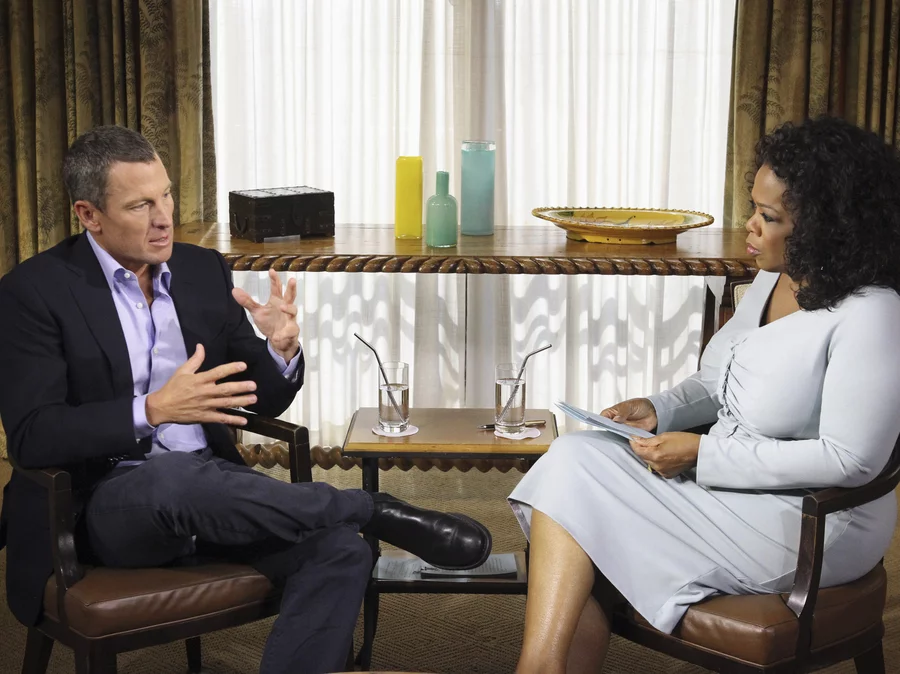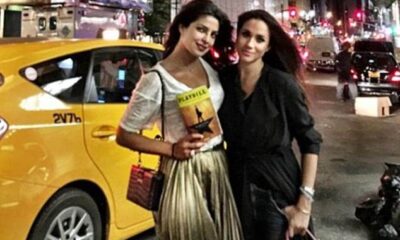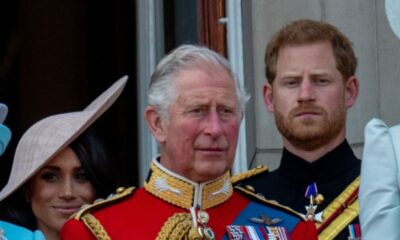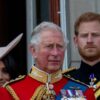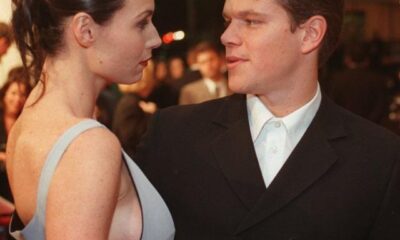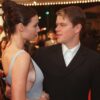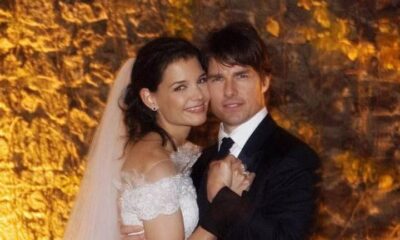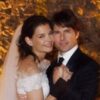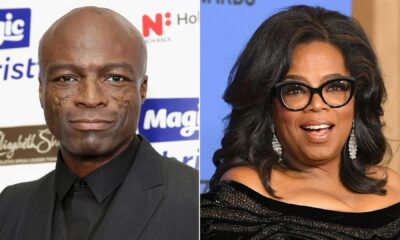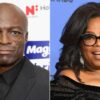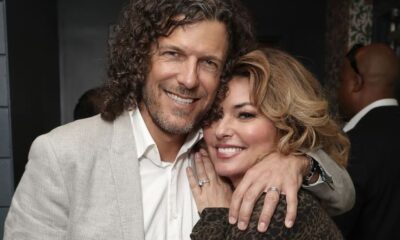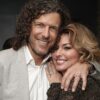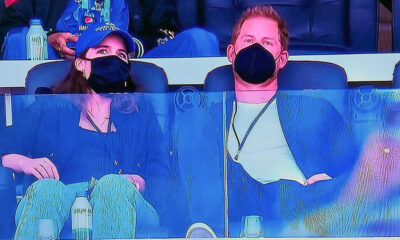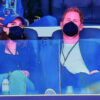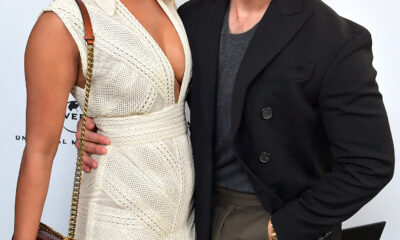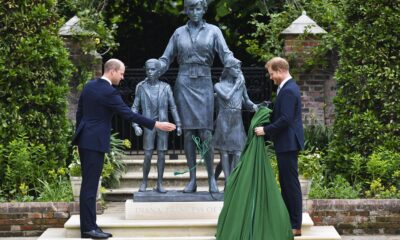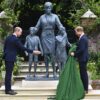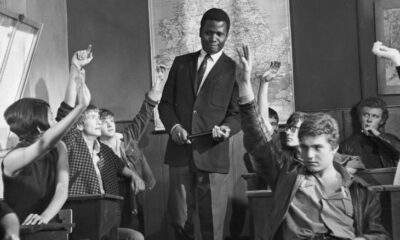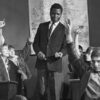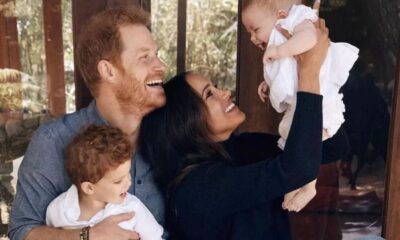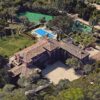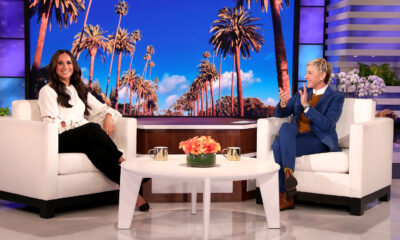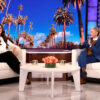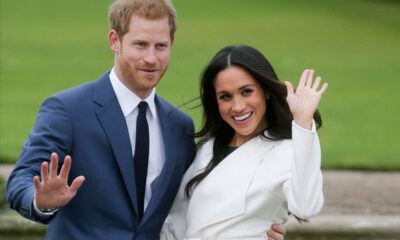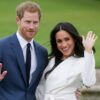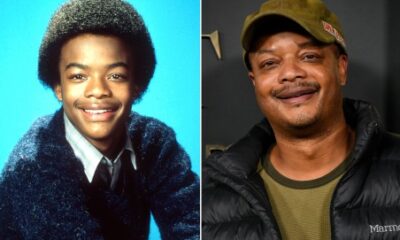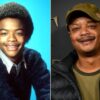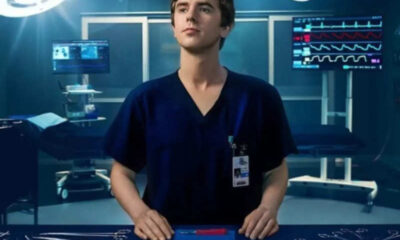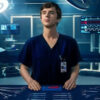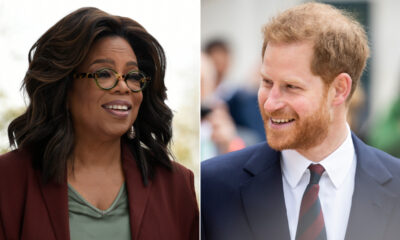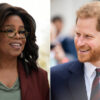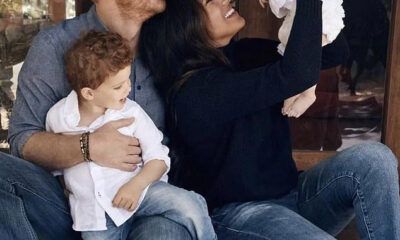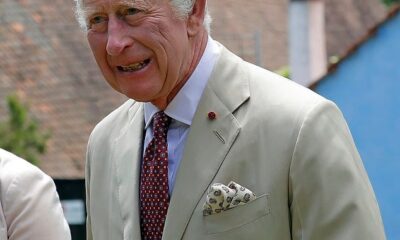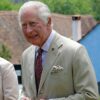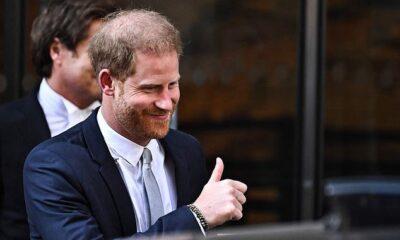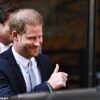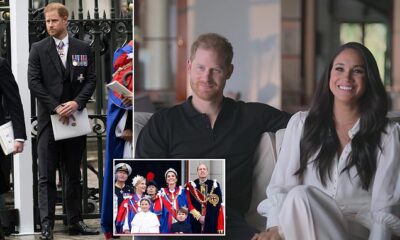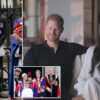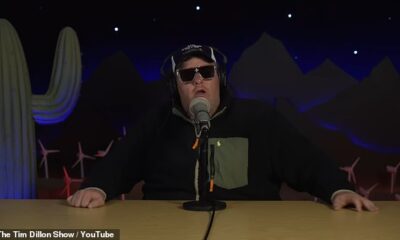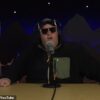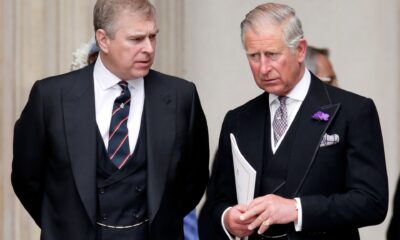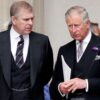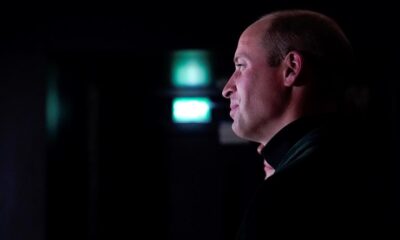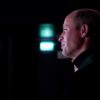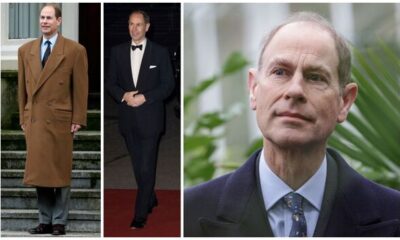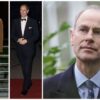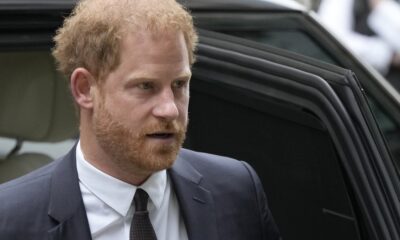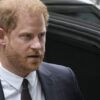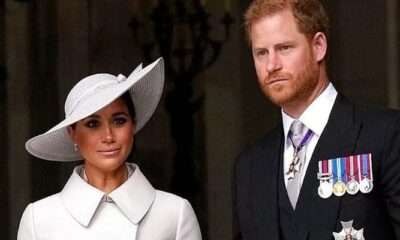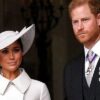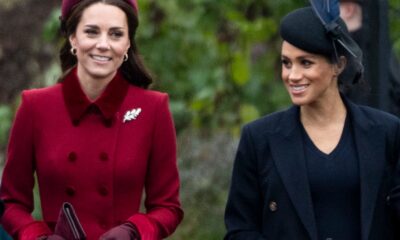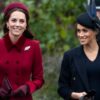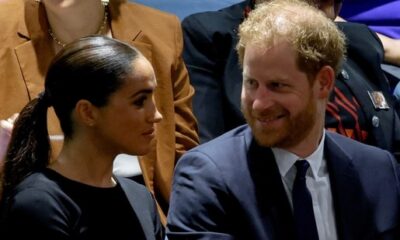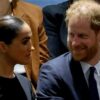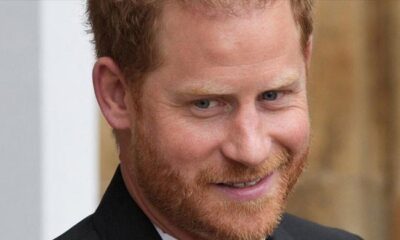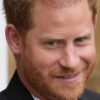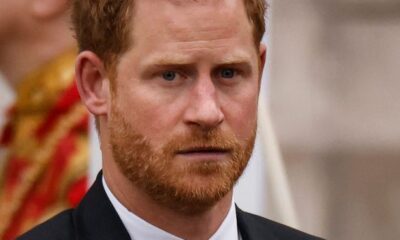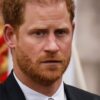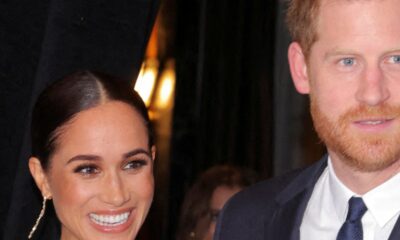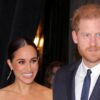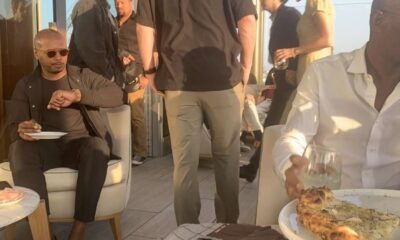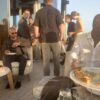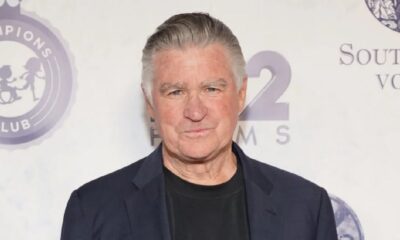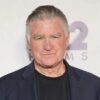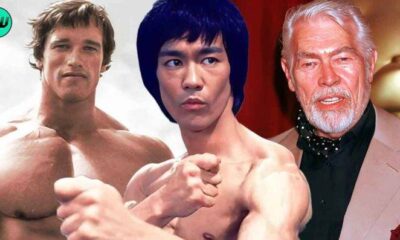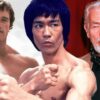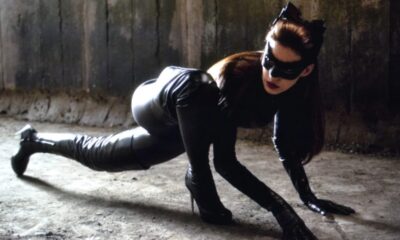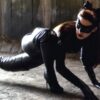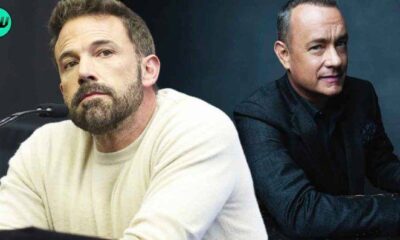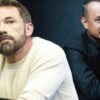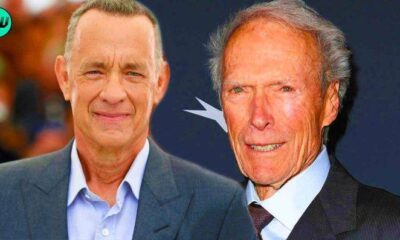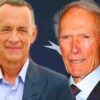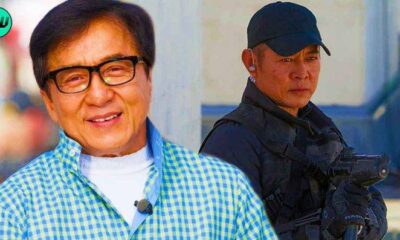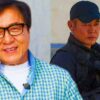Updates
Lance Armstrong admits using performance enhancing drugs in Oprah Winfrey interview
Via



GET TOP STORIES VIA INBOX
Lance Armstrong, the now-disgraced cyclist, admits he used a variety of performance-enhancing substances to win seven Tour de France wins, after years of often-vehement denials.
Armstrong claimed he was never worried about getting caught in an interview with Oprah Winfrey, the second half of which airs Friday, and that his actions were motivated by a “ruthless desire to win.”
Because of the ubiquity of performance-enhancing drugs in the sport at the time, Armstrong believes it would not have been feasible to win the titles without doping.
Armstrong acknowledged to taking testosterone, human growth hormone, and EPO, a hormone generated naturally by the human kidneys to boost the creation of red blood cells. It improves recovery and endurance by increasing the quantity of oxygen that can be supplied to muscles.
Armstrong also stated that his return to cycling in 2009 was the start of the end for him.
“If he hadn’t returned, we wouldn’t be sitting here,” he remarked.
Trending:
Armstrong, 41, denied being a mastermind who threatened other team members to dope, as well as claims that he paid the International Cycling Union and a Swiss laboratory to cover up his wrongdoing.
This limited confession will fuel speculation in some quarters that it was made only because Armstrong was cornered by an excoriating report from Usada last year, and that he chose to withhold the full truth as part of a strategy devised by his close-knit team of advisers to avoid criminal prosecution.
Winfrey began the interview by asking Armstrong a series of questions to which she desired “yes or no” responses. “Yes,” he said when asked if he utilized drugs to win his Tour championships. “Yes,” he answered when asked if they contained steroids, EPO, and PED. When asked if he thought it was humanly feasible to win the Tour seven times in a row, as he did from 1999 to 2005, he answered he didn’t think so. “I view this situation as one big lie that I repeated a lot of times,” he explained.
He told Winfrey that he used EPO, blood transfusions, and testosterone in his competitive “cocktail,” and that he had previously taken cortisone. He wouldn’t tell Winfrey when, when, or with whom he doped during his seven Tour de France victories between 1999 and 2005.
Armstrong dubbed it “the scariest” that he didn’t consider doping cheating at the time since it was as much a part of the sport as filling up tires or having water in a bottle.
Even if it was largely seen as inadequate, the confession marked a major shift for a man who had spent two decades opposing and threatening those who questioned his record.
He said he stopped doping after winning the 2005 Tour de France and denied using drugs during his comeback in 2009 and 2010, but he did not say – at least not in the first of two broadcasts – whether he would cooperate with the anti-doping agency Usada in order to return to competitive sport, as has been reported.
Armstrong stated of his fairytale story of conquering testicular cancer to become the most famous cyclist in history, “It was a mythic perfect story and it wasn’t true.”
Armstrong stated that he was “a bully … in the sense that I tried to control the narrative,” sometimes by spitting vitriol at ex-teammates he considered “disloyal” and suing persons and media that accused him of cheating.
He portrayed himself as a “fighter” whose life had been “so perfect for so long,” with a beautiful marriage, cancer recovery, and worldwide athletic achievement.
He described himself as a “humanitarian” and a “jerk” who had been “arrogant” for years, saying, “I lost myself in all of it.” “I was used to controlling everything in my life.”
Armstrong used his riches and clout to pursue any teammates or crew members who tried to bring him down. Armstrong sued a team masseuse, former teammate Frankie Andreu, and his wife, Betsy Andreu, alleging that they overheard Armstrong informing a doctor that he took various illegal medications.
The interview, which was a major coup for Oprah’s Oprah Winfrey Network (OWN) in Los Angeles, was split into two 90-minute pieces, the second of which will run on Friday. Armstrong, seated in an armchair at the Four Seasons hotel in Austin, Texas, with his legs crossed, dismissed charges that his leadership of the US Postal Service team represented the sport’s largest and most sophisticated doping operation. “No, it was definitely professional, and smart if you can call it that. But it was very conservative, and risk-averse. But to say that programme was bigger than the East German doping programme of the mid-1980s … not true.”
Popular Posts:
MUST READ:


GET TOP STORIES VIA INBOX


